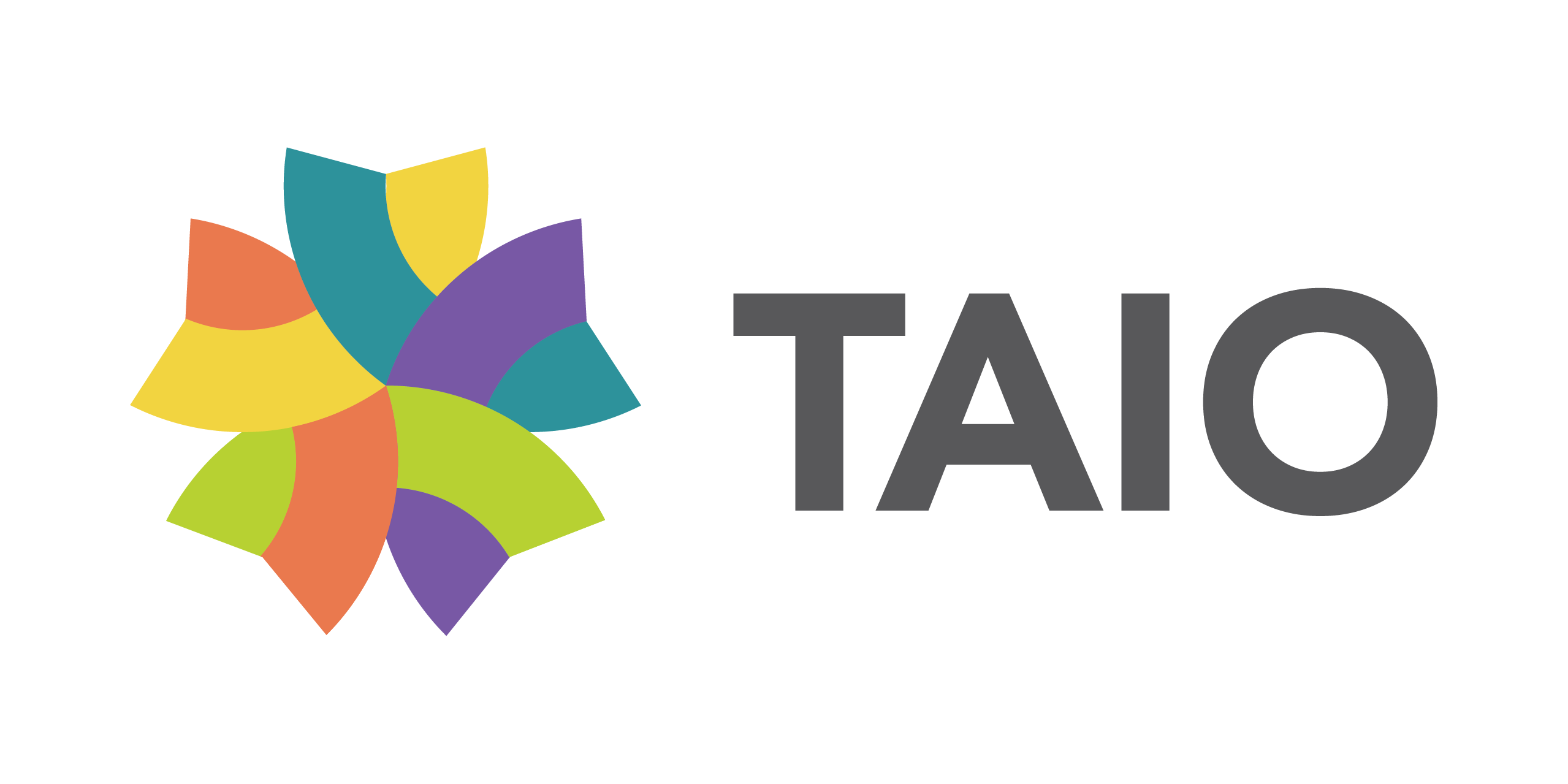Did you know it takes 37 to 41 days to fill a health care role?
That’s nearly six weeks of chasing resumes, verifying credentials and rescheduling interviews — draining your team and putting patient care at risk.
This is where clinician recruiters come in.
They drive the workforce that delivers your care.
When outsourced, you save time, protect your coverage and get your operations back on track.
On this page
Key Takeaways
Clinician recruiters build a competent workforce. They fuel your frontline by sourcing, screening and securing the right health care professionals, keeping your agency staffed, compliant and ready to deliver high-quality care.
A weak recruiter setup slows everything down. When recruitment lags, so do your operations. Vacancies pile up, burnout rises and compliance risks multiply, weakening your ability to scale and retain talent while increasing overhead costs.
Outsourcing offers numerous benefits. It streamlines administrative tasks, strengthens your employer value proposition and ensures exceptional patient care. It also gives agencies expertise to expand capacity, improve retention and boost patient satisfaction.
What Does a Clinician Recruiter Do in Home Health Care?
Clinician Recruiters handpick professionals who match your agency’s standard of care.
They manage the entire hiring lifecycle, from sourcing and screening to ensuring every candidate is qualified, aligned and ready to deliver patient care.
Day-to-day responsibilities include:
Sourcing the right talent.
Understands staffing needs and uses targeted job boards, outreach and professional networks to find the right candidate faster.
Screening and coordinating interviews.
Reviews resumes, verifies credentials and conducts initial interviews to ensure compliance and fit.
Improving retention and ensuring compliance.
Helps reduce turnover through feedback loops and career development. Keeps records audit-ready and aligned with regulations.
Tracking market trends and representing your brand.
Follows labor data and positions your agency prominently within professional circles, both online and in person.
When recruitment is weak, the impact multiplies:
Positions stay open.
Teams are stretched thin.
Care slips, compliance suffers and patient satisfaction drops.
Top clinicians start looking elsewhere.
And leadership ends up in damage control, instead of driving the business forward.
The Real Work of Clinician Recruiter and What Happens When Recruitment Process Outsourcing Falls Short?
When recruitment is proactive and precise, staffing stays full, care delivery is consistent and compliance stays tight.
How recruitment quality affects operations: real-world examples
Impact Area |
Strong Recruitment |
Weak Recruitment |
|
Staffing & Coverage |
Positions filled fast. No gaps in visits or shifts. |
Open roles drag on. Visits are canceled and coverage suffers. |
|
Care Quality & Patient Experience |
Well-matched hires maintain standards and continuity of care. |
Mismatched staff, inconsistent care and lost patient trust. |
|
Compliance & Onboarding |
Licenses verified, forms completed, audits passed. |
Incomplete onboarding. Missing credentials. Audit flags accumulate. |
|
Team Health & Leadership Focus |
Balanced workloads. Morale stays high. Leaders focus on growth. |
Staff burnout. Turnover increases. Managers and leaders are stuck in damage control instead of growth. |
Here’s how clinician recruiters make it happen, step by step:
Sourcing Strategic Talent to Stay Ahead
They optimize health care job boards, professional networks and direct outreach to find qualified candidates. They also track passive candidates who aren’t actively applying but could be a perfect fit.
What can go wrong:
Posting on generic job boards without a targeted strategy invites a flood of unqualified applicants, wasting time and delaying hires.
In real life:
Your agency may have skipped targeted sourcing and got hundreds of unqualified resumes. The role stayed open for months, pushing staff into overtime and delaying patient care.
Screening and Interview Coordination for Better Patient Care
Recruiters verify licenses, check references and screen candidates fast using checklists to catch red flags before they become problems.
Actionable tip:
Use a comprehensive credential verification checklist and tools like Certemy or VeriDoc to automate license validation and track expirations. Pair this with structured behavioral interview guides to spot red flags beyond resumes.
Offer Negotiation and Onboarding That Protects Cash Flow
They balance salary expectations with budget realities and onboard new hires fast to boost retention and productivity.
Statistics you need to know? Real-world stat:
Retention Strategy and Compliance
Recruiters track turnover, coach staff and keep compliance sharp to prevent avoidable losses.
They build retention through career development, feedback and recognition, while maintaining audit-ready documentation.
Actionable tip:
Set monthly or quarterly performance check-ins and map out career tracks to improve retention, engagement and team morale.
Market Research and Agency Representation in Clinician Recruiter Outsourcing
Recruiters track labor trends and compensation rates, promoting your agency’s brand at events and on social media to attract top talent.
They also benchmark competitors’ hiring practices and monitor what providers offer, staying one step ahead in attracting high-quality candidates.
What can go wrong:
Falling behind on labor market trends puts your compensation packages out of sync. It pushes top clinicians toward better offers and weakens your agency’s competitive edge.
What to Look for in a Clinician Recruiter for Exceptional Patient Care
Filling a job title is one thing, but securing a recruiter who improves workforce, compliance and onboarding is an entirely different skill set.
Here’s how to distinguish between someone who meets the job description and someone who can truly support your agency:
Criteria |
Minimum Standards |
What Delivers Results |
|
Relevant Experience |
1–2 years in general health care recruiting |
Direct knowledge of home health or hospice workflows, including licensure, credentialing and scheduling challenges |
|
Sourcing Capability |
Posts on job boards and filters resumes |
Builds talent pipelines proactively; targets license-compatible regions and high-need roles using active and passive channels |
|
Screening & Vetting |
Screens for basic qualifications |
Evaluates retention risk, clinical fit, compliance readiness and flags red flags early |
|
Compliance Oversight |
Understands onboarding steps |
Manages license verification, credentialing timelines, documentation accuracy and regulatory compliance with audit-readiness in mind |
|
Process & Systems Proficiency |
Uses spreadsheets or a basic Applicant Tracking System (ATS) |
Skilled in onboarding platforms, credentialing software and integrated workflows with Electronic Medical Records (EMRs) and Human Resources Information Systems (HRIS) systems |
|
Collaboration & Communication |
Schedules interviews and confirms start dates |
Functions as a strategic partner, keeps stakeholders aligned, escalates issues and closes gaps proactively |
Interview Insight:
Ask your applicants:
“What recruitment metric do you track most closely and why? Walk me through how you’ve used that data to adjust your approach or improve outcomes.”
You’re listening for:
Are they tracking numbers just to report them, or are they using them to make smarter decisions about how they recruit, where they spend time and what they can change?
Process maturity.
Do they recognize which stages of their process create friction, and have they made deliberate changes to improve sourcing, screening and follow-through?
This question separates strategic thinking from routine execution.
Clinician Recruiter Cost: Rates, Outsourcing Options and How to Choose the Right Setup
What you pay for a clinician recruiter depends on more than just the role. Rates vary based on experience, speed and the responsibilities you expect them to take on. It also depends on who you hire, how much support you need beyond sourcing and your clinical hiring environment.
Below, we’ll break down costs, what drives them, your hiring options and how to choose the right setup based on your workload, recruitment pressure and compliance demands.
How Much Does a Clinician Recruiter Cost? Key Factors That Impact Pricing.
Clinician recruiters are paid as salaried employees, hourly contractors or through flat-rate or volume-based fees if outsourced.
Based on current pricing and industry reporting:
- Standard clinical roles cost between $25 and $30 per hour, depending on volume, geographic coverage and role responsibilities.
- High-complexity roles range from $35 to $40 per hour, especially when recruiters are also expected to manage screening, credentialing, scheduling coordination and compliance tracking.
Outsourced recruiters may charge a set rate, but their value lies in their workload balance, consistency and retention results.
What drives the price up or down:
- Role complexity
Hard-to-fill roles (e.g., travel nurses, bilingual clinicians or specialists) come with added complexities that demand more time, outreach and coordination. Rates reflect that. - Speed and fill time
Need clinicians hired in under 14 days? Faster turnarounds increase cost, especially for high-volume staffing. - Sourcing method
Manual sourcing, proactive outreach and referral-based recruiting tend to cost more than passive job board strategies, but they fill faster and retain longer. - Retention and QA
Recruiters who stay involved post-hire (e.g., onboarding support, 30-day check-ins) reduce early turnover, but command higher fees. - Oversight and support
Freelancers may require more hands-on guidance from internal teams. In contrast, agencies offer structured support, sourcing tools, compliance workflows and process ownership, which justify higher fees.
Outsourcing Options: Freelancer vs. Agency
Outsourcing clinical recruitment is a way to keep hires moving, protect your flow of care and relieve the pressure on your stretched team.
Both freelancers and agencies can get the job done. The better fit depends on how you actually work:
Criteria |
Freelancer |
Outsourcing Agency |
|
Cost Structure |
Typically lower cost; you pay per hour or per project. |
May cost more overall; fees are often bundled or retainer-based. |
|
Control and Customization |
You manage the process directly and choose the tools and workflow. |
Processes are more standardized, with less room for hands-on customization. |
|
Expertise and Availability |
Depends on who you hire; some offer niche strengths, others need training. |
You gain access to a broader team with more consistent availability. |
|
Scalability |
Bandwidth is limited to one person; scaling may require multiple hires. |
Easier to scale as the agency can assign more recruiters on demand. |
|
Compliance Handling |
You’re responsible for ensuring they follow health care regulations. |
Agencies often have built-in systems aligned with industry compliance. |
|
Oversight Needs |
Requires more direct supervision and day-to-day management. |
Less hands-on management is needed, though you may have less visibility. |
The Best Hiring Setup That Works for You
The ideal setup is the one that matches your workflow and your team’s ability to support or delegate it.
Choose a freelancer if you:
- Want maximum flexibility, but you’re willing to stay hands-on to guide their work
- Prefer full control over your process and tools, but you’re prepared to build and maintain the workflow yourself
- Need quick hiring support, but you have time to vet, onboard and supervise personally
Choose an agency if you:
- Want consistent results at scale, but you’re okay with giving up some control over the day-to-day process
- Need built-in compliance and infrastructure, but you’re willing to follow their systems and reporting style
- Value shared accountability, but you’re comfortable with less direct visibility into individual recruiter performance
Final thoughts: Build a Hiring System That Works
Hiring shouldn’t be another burden — it should be a strategic edge.
The right setup gives you coverage, clarity and control without forcing you to micromanage every hire.
When recruitment runs right, everything else moves faster: your onboarding, coverage, compliance. Your team breathes easier.
Whether you choose a freelancer or an agency, the right one should give you back your time, fit into your workflows and reduce the load on your internal team, not add to it. It strengthens what’s already working and solves what’s not.
Outsourcing is not about giving up control, but about gaining leverage. It lets you extend your hiring power without overstretching your staff, and plugs you into efficient systems that work and are designed to scale.
In a field built on urgency and constant shifts …
More effort is not the answer; a smarter structure is.

Frequently Asked Questions
A freelancer may be the best fit if you want control and can manage hiring and quality in-house. But if you need consistency, infrastructure and proven systems, the right outsourcing partners bring expertise, technology and shared commitment. Done well, clinician recruiter outsourcing helps you assess your specific needs, protect against added expense and streamline recruitment so you can focus on exceptional patient care.
Yes. Outsourcing clinician recruitment reduces administrative tasks, improves efficiency and frees your team to focus on your patients. The right partner offers trained health care professionals access to advanced technology and tools, helps assess your needs and supports your long-term commitment to exceptional patient care. This partnership allows home health agencies or health care organizations to scale with confidence, control expenses and deliver exceptional patient care while keeping cash flow steady.
Start by asking how much capacity you have and what outcomes matter most. If you need speed, consistency and systems, you don’t have to build them yourself. Outsourcing partners bring scalable solutions, proven technology and the ability to assess your specific needs. With clear key performance indicators, they help streamline processes, provide measurable benefits and give you access to the right resources so you can plan for the future without unnecessary expense.




